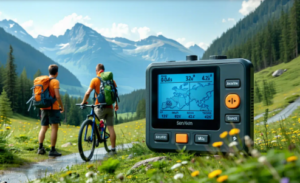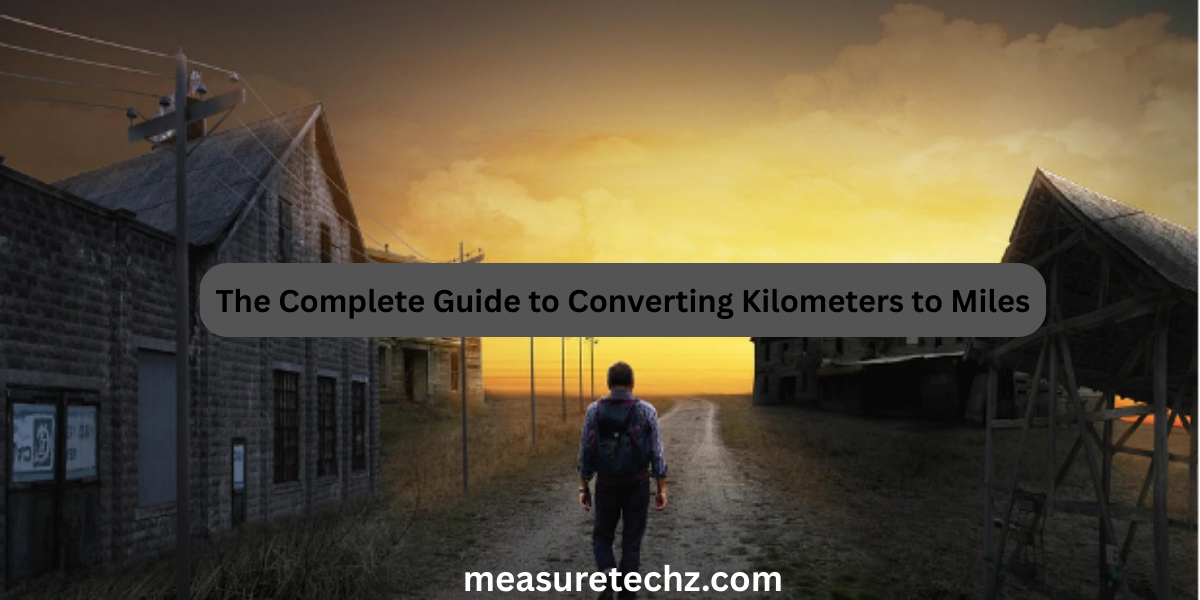Whether you’re planning a road trip, tracking your fitness progress, or working with international measurements, knowing how to converting kilometers to miles is essential. With different countries using different measurement systems, understanding the conversion process can make travel, calculations, and daily life much easier.
In this guide, we’ll break down the process of converting kilometers to miles, provide simple formulas, and answer common questions about the topic.
Understanding the Kilometer-to-Mile Conversion

The Basic Conversion Formula
The fundamental conversion formula to change kilometers (km) into miles (mi) is:
This means that to convert any distance in kilometers to miles, you simply multiply the number of kilometers by 0.621371.
For example:
- 5 km × 0.621371 = 3.11 miles
- 10 km × 0.621371 = 6.21 miles
- 42.195 km (marathon distance) × 0.621371 = 26.2 miles
Why Do Kilometers and Miles Differ?
Kilometers are part of the metric system, used by most countries around the world. Miles, on the other hand, belong to the imperial system, predominantly used in the United States and a few other regions. The difference arises from historical measurement standards adopted in various parts of the world.
Step-by-Step Guide: How to Convert Kilometers to Miles
- Identify the distance in kilometers – This is the number you need to convert.
- Multiply by 0.621371 – Use a calculator or do the multiplication manually.
- Round the result if needed – Depending on the level of accuracy required, you may round to two decimal places.
Quick Conversion Chart
| Kilometers (km) | Miles (mi) |
|---|---|
| 1 km | 0.62 mi |
| 5 km | 3.11 mi |
| 10 km | 6.21 mi |
| 21.1 km (Half Marathon) | 13.1 mi |
| 42.2 km (Marathon) | 26.2 mi |
| 100 km | 62.14 mi |
Practical Applications of Kilometer-to-Mile Conversion
- Driving and Navigation – Many GPS devices allow you to switch between miles and kilometers, but understanding the conversion can help avoid confusion on international trips.
- Fitness and Sports – Runners and cyclists often train using kilometer or mile distances, so knowing the conversion helps in tracking progress.
- Aviation and Marine Use – While nautical miles are standard in air and sea travel, ground distances are often measured in kilometers or miles depending on the region.
Common Questions About Kilometer-to-Mile Conversion
1. Can I use an approximate value instead of the exact conversion?
- Yes, for rough estimates, you can use 1 km ≈ 0.62 miles. However, for precise calculations, it’s best to use 0.621371.
2. Is there a quick mental trick to convert kilometers to miles?
- One easy trick is to multiply the kilometers by 6 and then divide by 10. For example:
- This method provides a close estimate without needing a calculator.
3. How do I convert miles to kilometers?
- To convert miles back to kilometers, use the inverse formula:
- Simply multiply the miles by 1.60934 to get the equivalent distance in kilometers.
Conclusion
Converting kilometers to miles is a simple yet important skill for various aspects of life, including travel, sports, and navigation. By using the conversion factor (1 km = 0.621371 miles) and applying the step-by-step method outlined in this guide, you can easily make accurate conversions whenever needed.
For quick conversions, refer to the chart provided, and if you need to switch between miles and kilometers frequently, consider using a calculator or a smart phone app for convenience.

